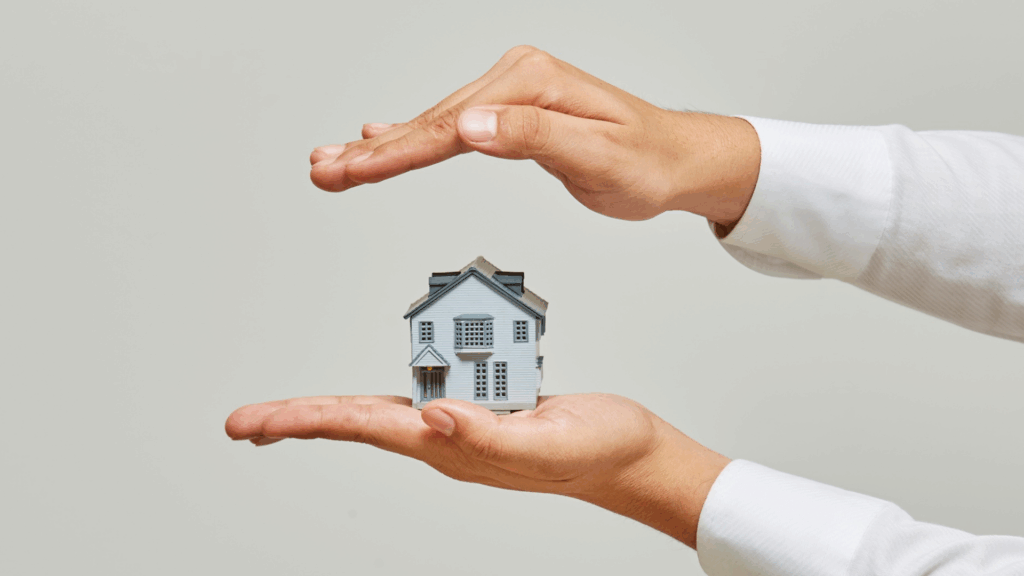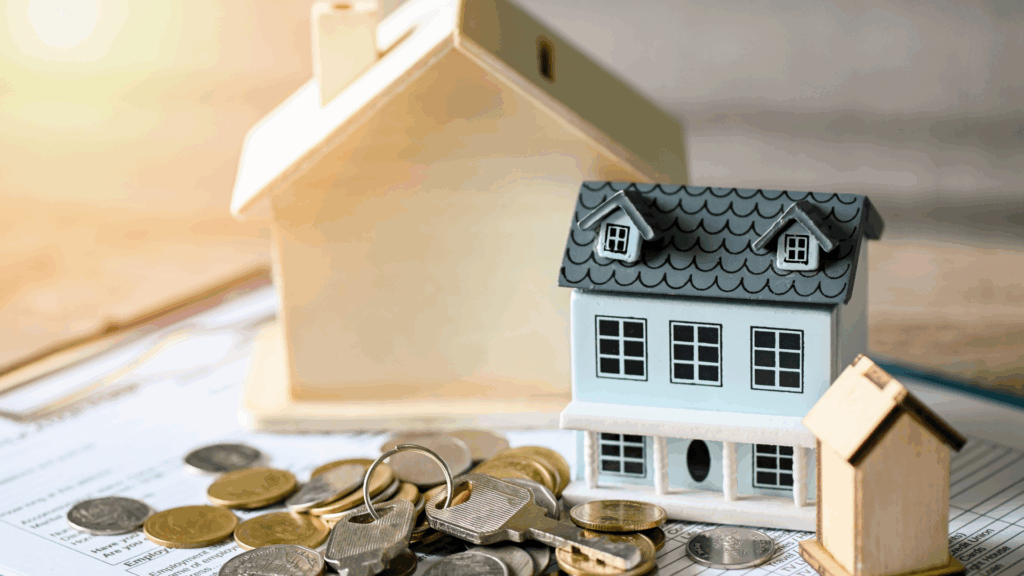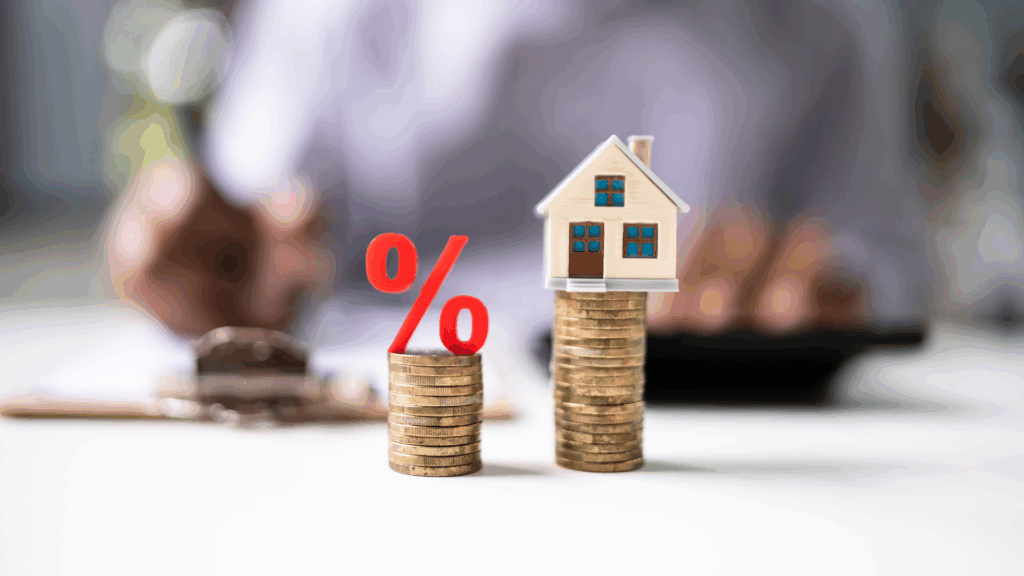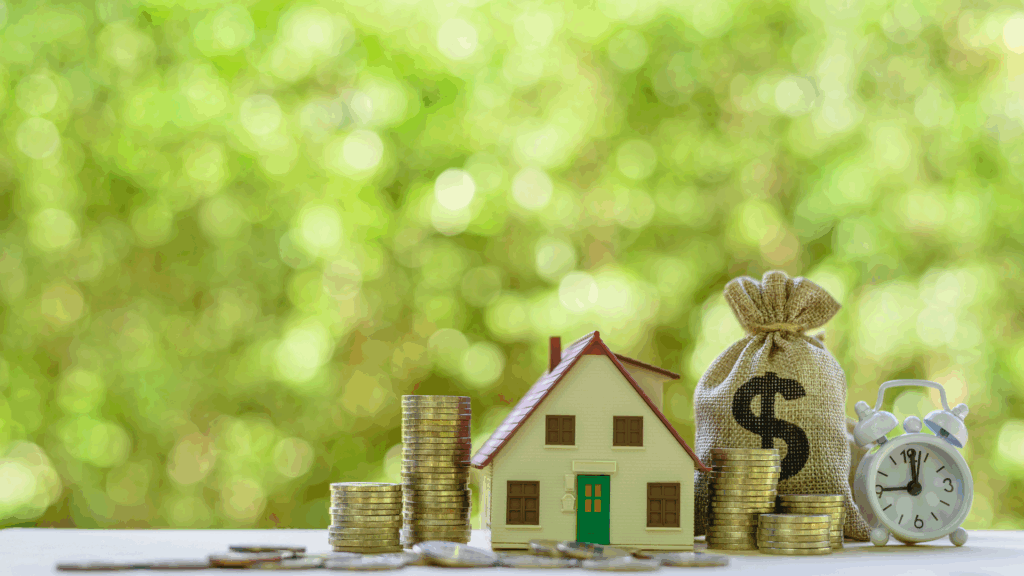Using your home’s value could help you reach important goals in life. Homeowner loans let you borrow money based on your home’s worth. You can use this to pay off debts, improve your house, or help your children buy their first home. This guide explains what homeowner loans are, how they work, and why they […]
Blog

How Do Homeowner Loans Work? A UK Guide in 2025

How Long Does It Take to Get a Secured Loan: A Complete Guide
Getting a secured loan is like putting together a puzzle. You know what the end picture should look like—extra funds at a lower interest rate. Yet, there are many pieces you need to fit together first. It’s not instant; generally, it takes 2-3 weeks to gather all the pieces and complete the picture. In this […]

Can I Take Out Loans Against My House?
If you’re a UK homeowner facing a significant expense—be it a home renovation, business investment, or even managing debt—you may be considering leveraging your property to secure a larger loan amount at lower interest rates. Using your house as collateral can unlock substantial sums of money that unsecured loans usually can’t offer. But this financial […]

How To Get Joint Loans with Bad Credit: An In-Depth Look
Imagine you and your friend are craving a pizza, but neither of you has enough money to buy it on your own. What do you do? You chip in together, and voila! Pizza is served. A joint loan works pretty much the same way, but instead of pizza, you’re aiming for something bigger like a […]

Interest-Only Secured Loans: A Comprehensive Overview
Need extra cash for a home makeover or a dream holiday? An interest-only secured loan could be the financial tool you’ve been searching for. It’s not just for big spending; it’s also a savvy move if you’re looking to lump your debts together into one manageable payment. But make no mistake—this isn’t a decision to […]

Borrowing Against Your Home: What You Need to Know
If you own a house and need a lot of money, borrowing against your home’s value could be an option. This type of loan lets you use your home’s value and the amount of equity you’ve built (the part of your home you fully own) to secure the money. Lenders will check how much you […]
